Students of the Academy of Journalism and Communication are trained in the skills of using AI technology.
Nguyen Thu Ha, a fourth-year student at the Academy of Journalism and Communication, shared: “At first, I only used AI to refer to the outline. But after a few times, I realized that any assignment could be done by AI. It even took only 15 minutes to edit and submit. This made me use AI more and less often to research study materials.”
This habit occurs not only in social sciences but also in natural sciences. Some students in information technology and engineering, when faced with difficult programming exercises, easily copy source code from AI, instead of experimenting and practicing problem-solving skills. Even professions that require creativity and personal identity such as music making, painting, and graphic design can apply AI. Nguyen Gia Minh, a student at the University of Industrial Fine Arts, said: "Normally, I may have to spend hours coming up with ideas, sketching, and color matching to create a poster product, but when I tried using AI, just a few commands were enough to draw many different poster products for me, and all of them looked very beautiful and professional."
Artificial intelligence (AI) is becoming a familiar tool for students in most fields of study. From essay writing, translation, programming to graphic design and music , AI can produce products quickly and attractively. However, this convenience also brings with it many worrying consequences as students become increasingly dependent. The first consequence is a decline in the ability to think independently. Instead of researching, analyzing and writing their own opinions, many students simply reuse the results from AI. This causes critical thinking and creativity skills, which are considered core in the university environment, to be stunted. Second, the risk of plagiarism and scholasticism is increasing. AI tools often synthesize information from many sources on the internet, leading to students accidentally copying without citing. If this situation continues, the quality of research and academic ethics may be eroded. The consequences do not stop at the learning aspect, but also extend to professional practice skills.
"In the past, I used AI quite a lot in writing scripts and building communication plans. Seeing the convenience of AI, I use AI more and more, but because of that, I feel like I depend on AI a lot. Now I have to spend a lot of time creating my own communication scripts. Even when I run out of ideas, I feel like I'm "addicted" to AI, just wanting to find AI to help me handle my work," said Nguyen Tuan Khai, a multimedia communication student at Hong Duc University.
Faced with this situation, many universities have begun to adjust their teaching and testing methods. Instead of simply requiring essays, some lecturers require students to present and defend their views in front of the class. This approach forces students to understand the content clearly, avoiding mechanical copying. For training majors that require AI applications in the teaching and learning process, lecturers always emphasize that students must master new technologies. In particular, "mastering AI" means that students must have a firm grasp of basic knowledge, use AI as a reference support tool, and then develop further with their own independent and creative thinking. AI only truly demonstrates its value when learners know how to master it, instead of being led and dependent.
At Hong Duc University, multimedia is one of the industries that needs to constantly update trends and apply new technologies, so the application of AI in the teaching and learning process is an inevitable trend. "The school always promotes creative thinking, the ability to use digital tools, analyze data and build a professional personal image of each student. In particular, the school focuses on emphasizing that students must develop comprehensively and master technology to confidently adapt and assert themselves in the field of digital communications", said Associate Professor, Dr. Dau Ba Thin, Vice President of Hong Duc University.
It is undeniable that AI is a great achievement of mankind, and students are young people who are quick to adapt to technology, so this will certainly be the group of people who use AI the most. The problem is not "to ban or not to ban", but how to use it correctly. The most important principle is to use AI for reference, not to copy verbatim. Students can exploit AI to suggest and synthesize documents, but then must verify and develop them with their own thinking. "No matter to what extent you use AI technology, in the end, you are the ones who are responsible for your final product. Therefore, verifying sources of information and developing personal thinking is very important", Associate Professor, Dr. Dinh Thi Thu Hang, Director of the Institute of Journalism and Communication, Academy of Journalism and Communication, shared. In addition, learners should know how to ask critical questions of AI, compare information with official academic sources, and combine it with traditional learning methods such as document research and group discussions. Only in this way can AI truly become a tool to support the learning process, while the value of independent thinking is still maintained.
Article and photos: Phuong Do
Source: https://baothanhhoa.vn/lam-dung-ai-nbsp-khien-sinh-vien-luoi-tu-duy-258973.htm



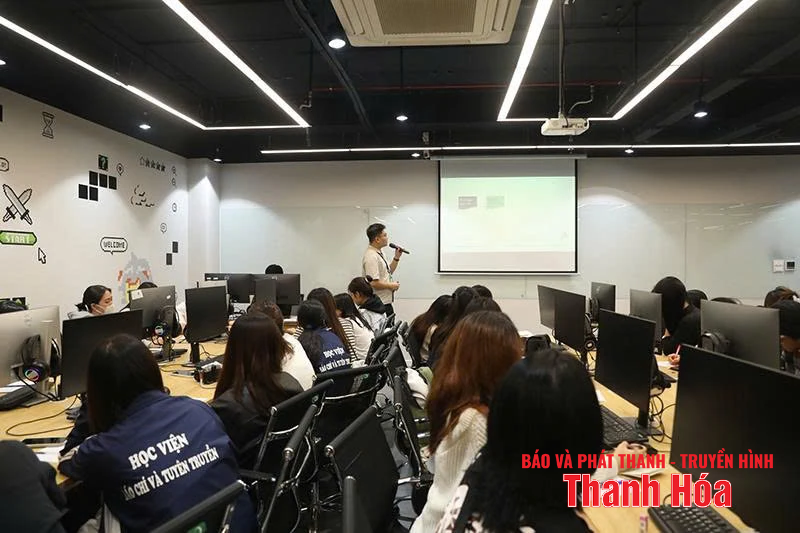
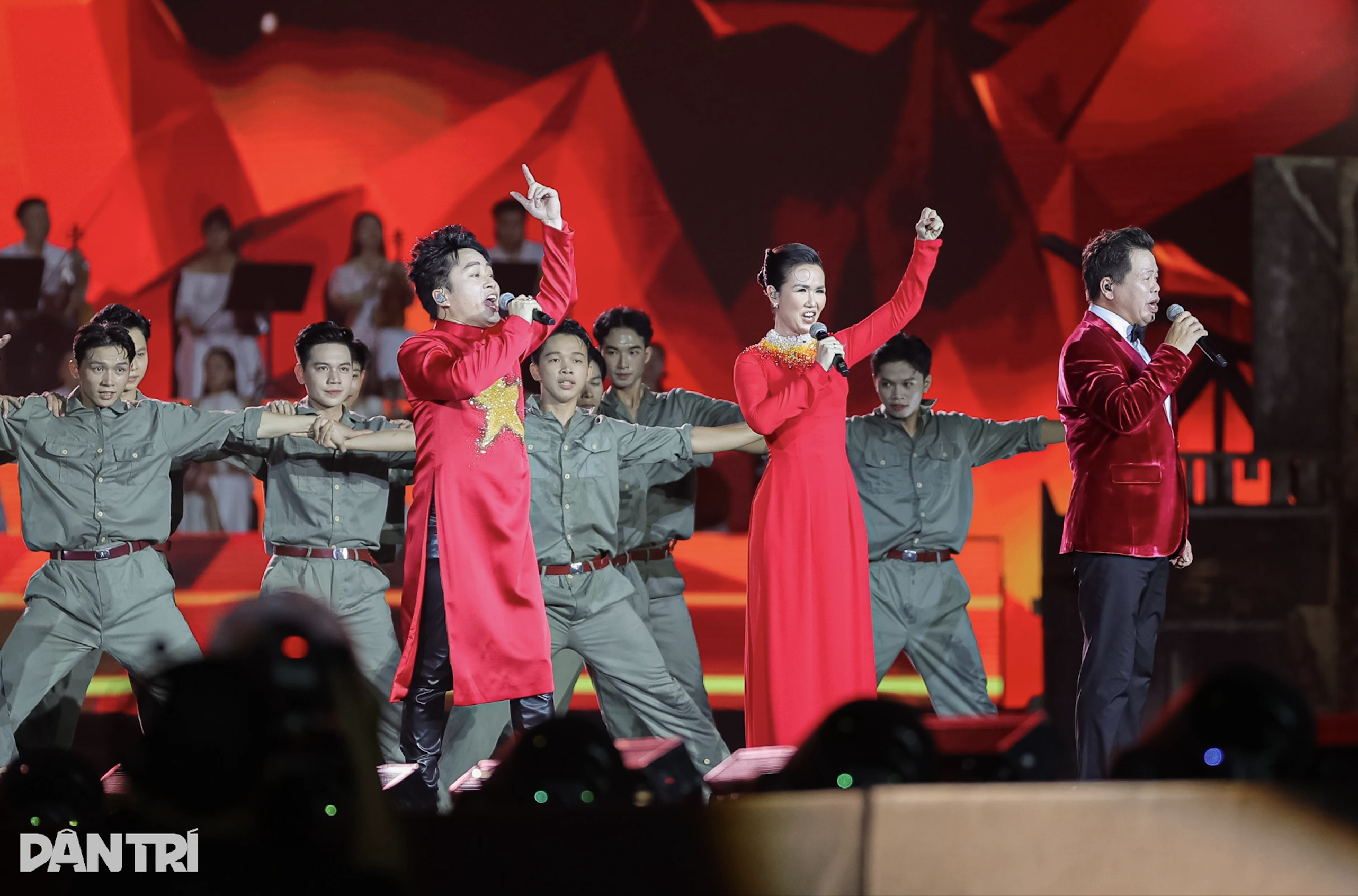
![[Photo] Prime Minister Pham Minh Chinh chairs the conference to review the 2024-2025 school year and deploy tasks for the 2025-2026 school year.](https://vstatic.vietnam.vn/vietnam/resource/IMAGE/2025/8/22/2ca5ed79ce6a46a1ac7706a42cefafae)



![[Photo] President Luong Cuong receives delegation of the Youth Committee of the Liberal Democratic Party of Japan](https://vstatic.vietnam.vn/vietnam/resource/IMAGE/2025/8/22/2632d7f5cf4f4a8e90ce5f5e1989194a)
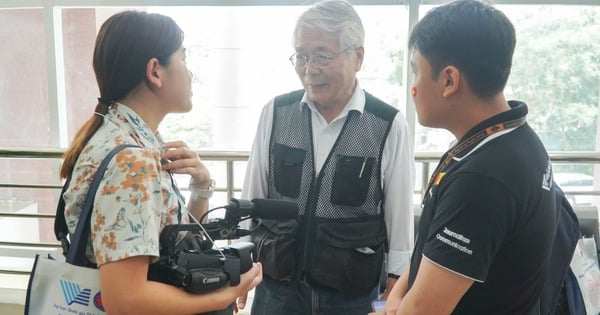

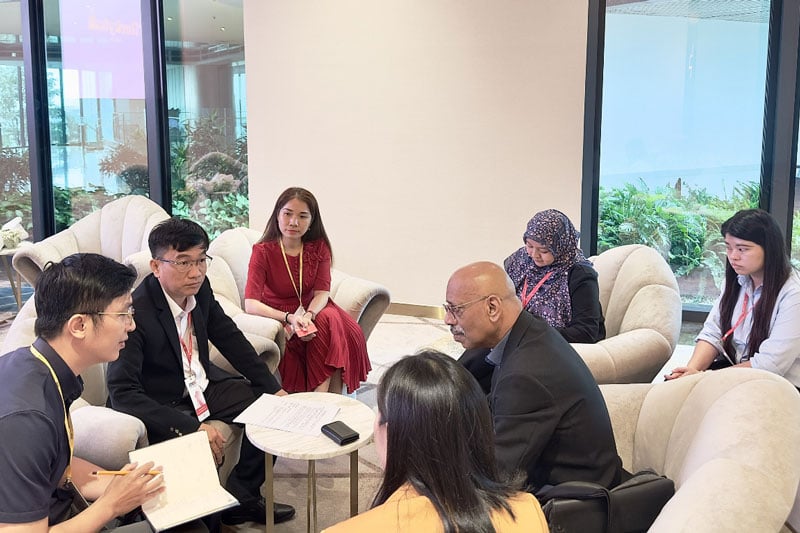

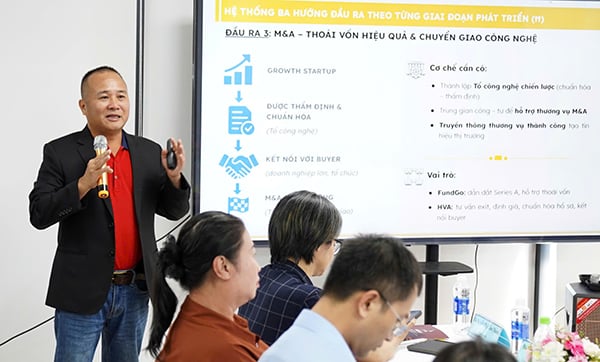
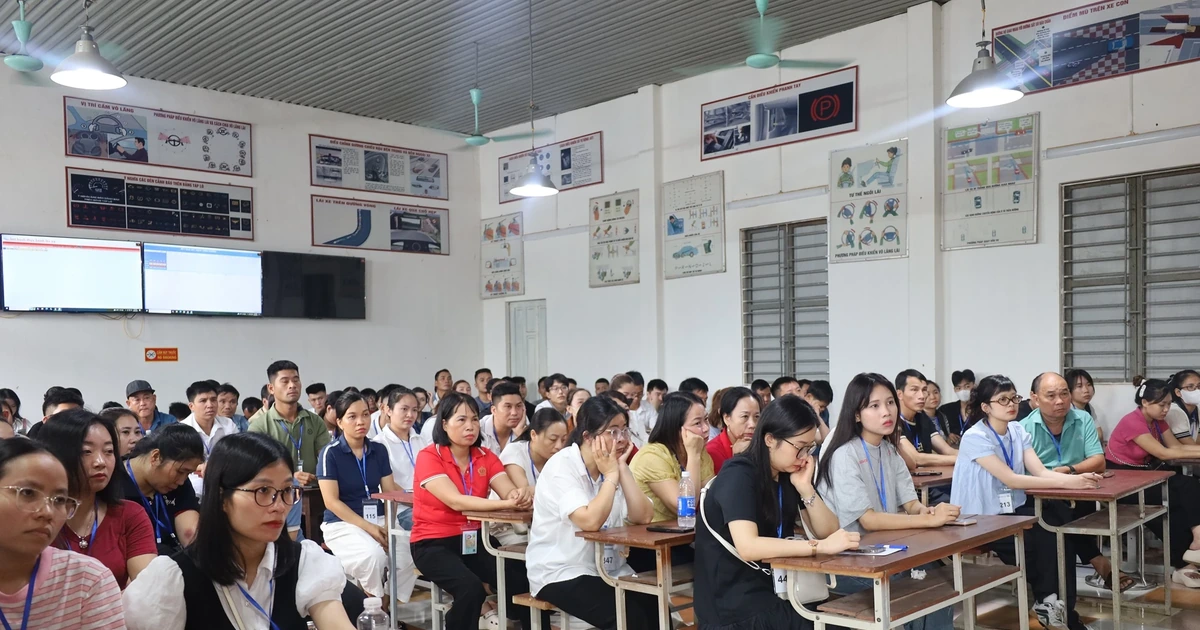

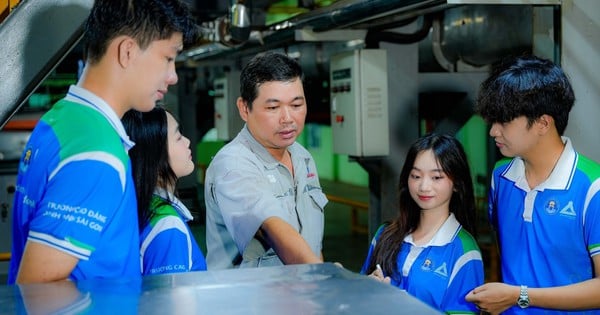


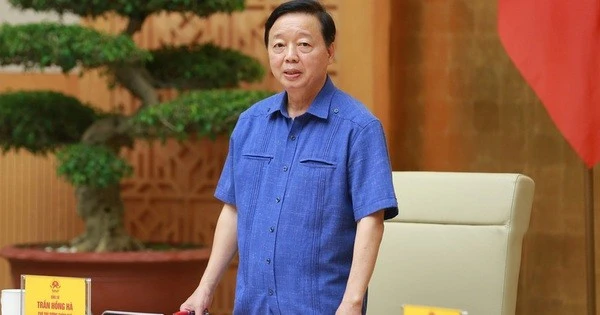

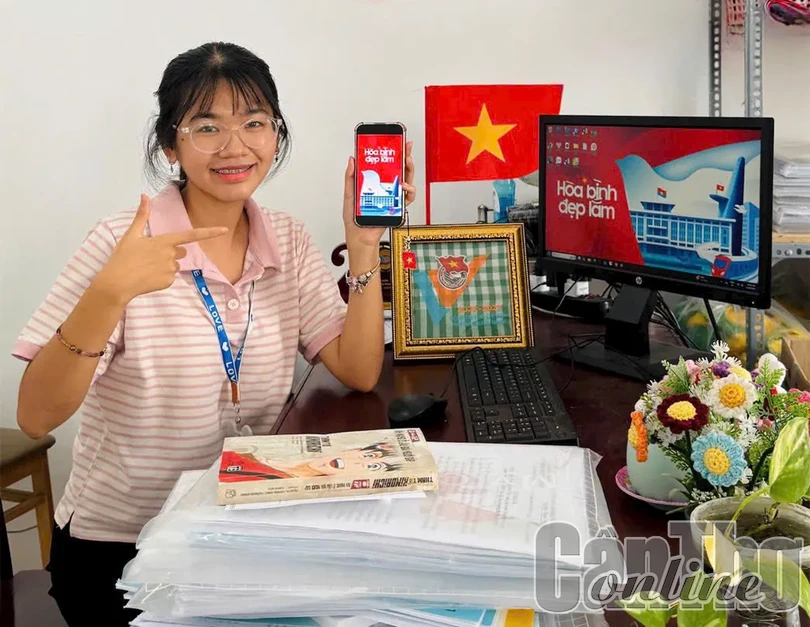

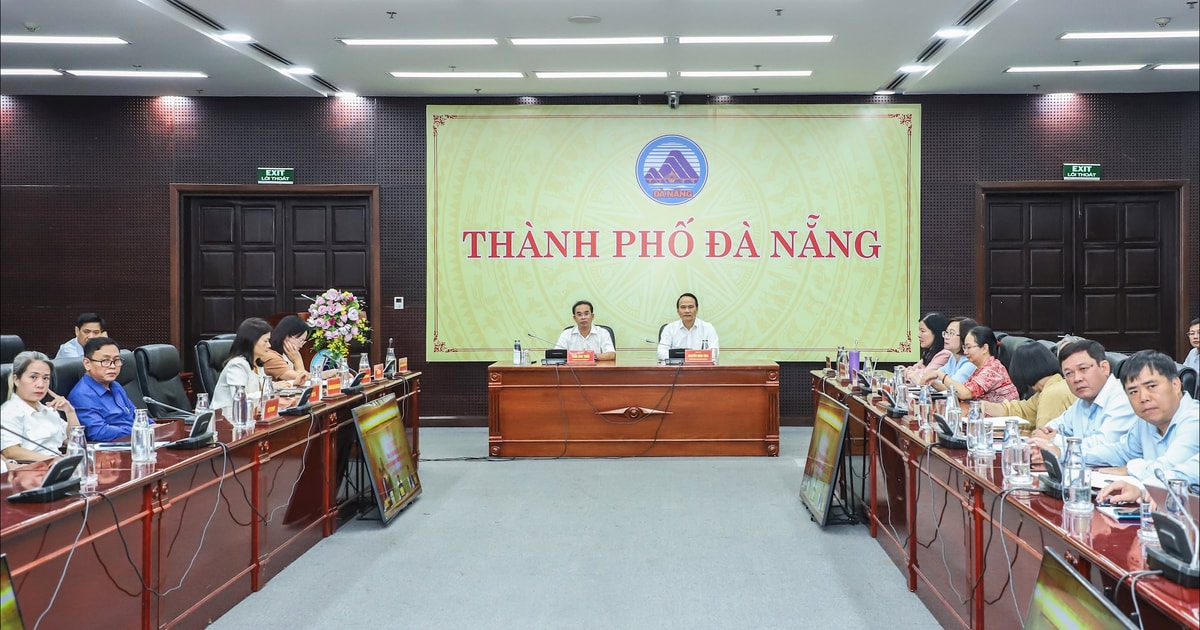



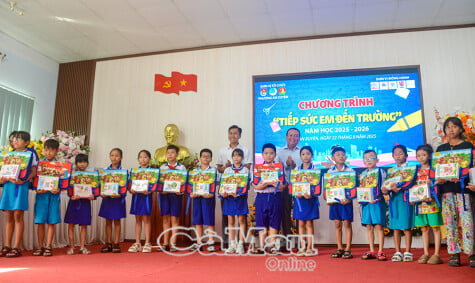







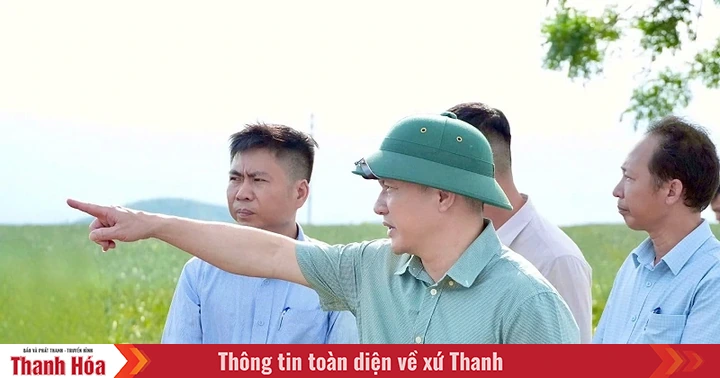
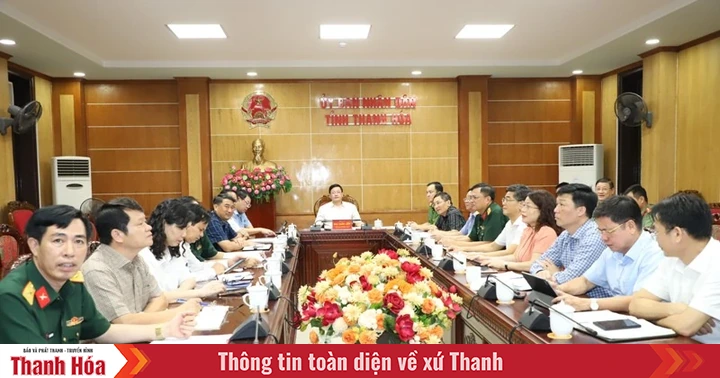
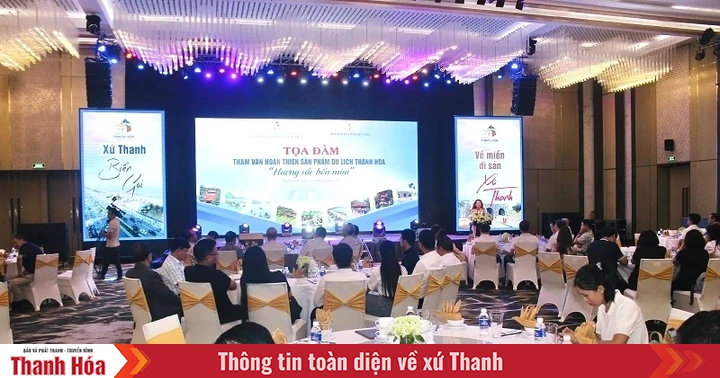

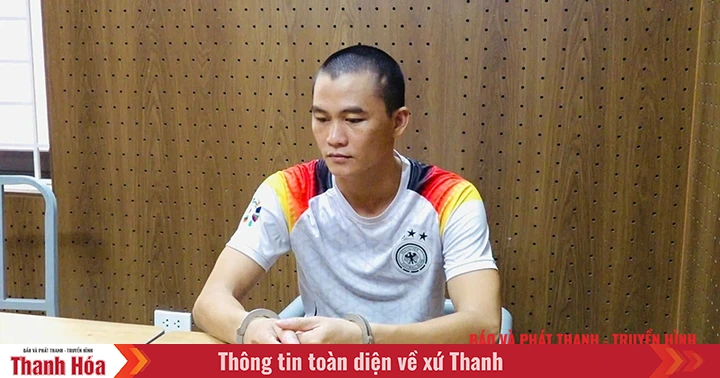








































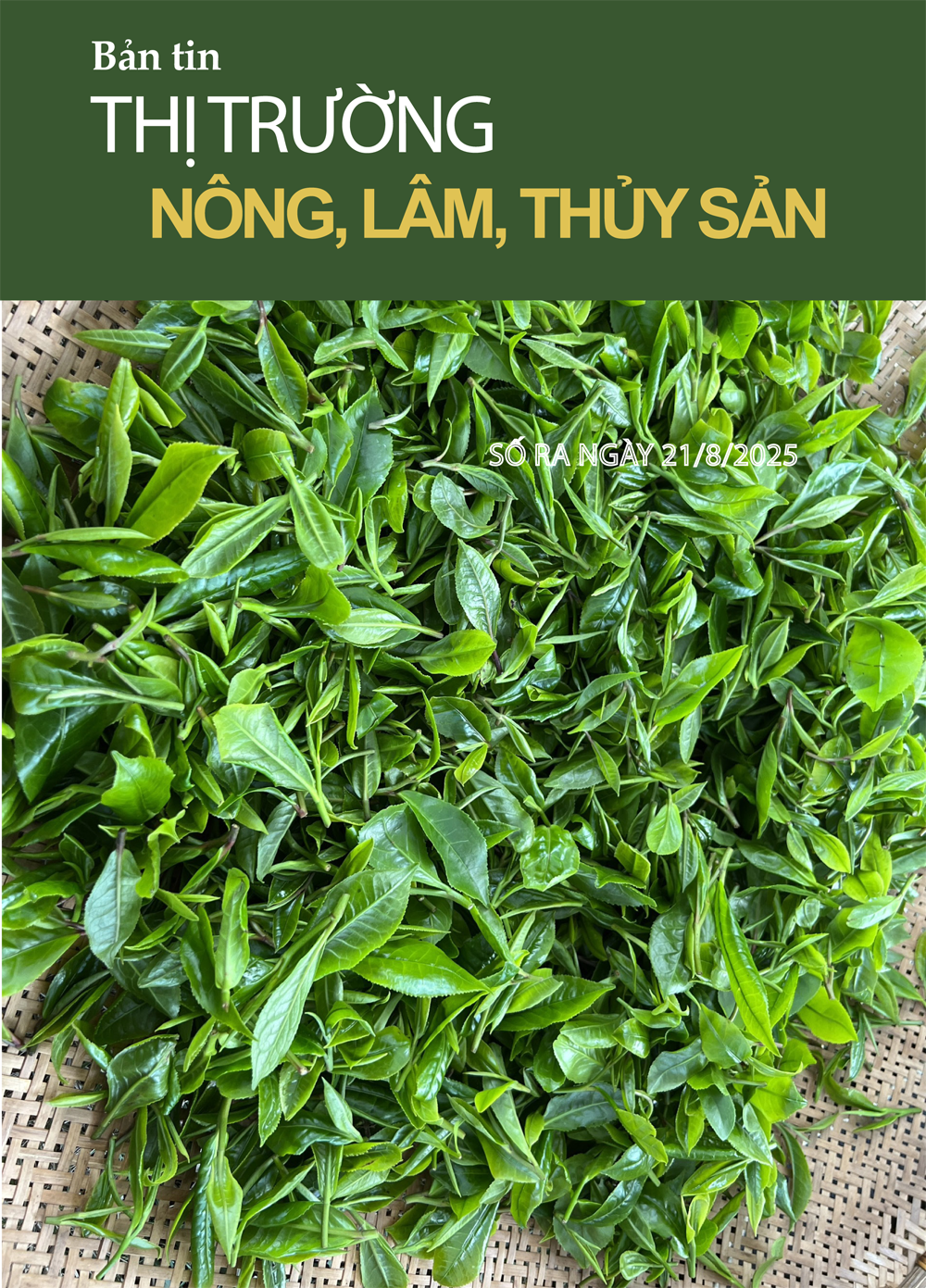


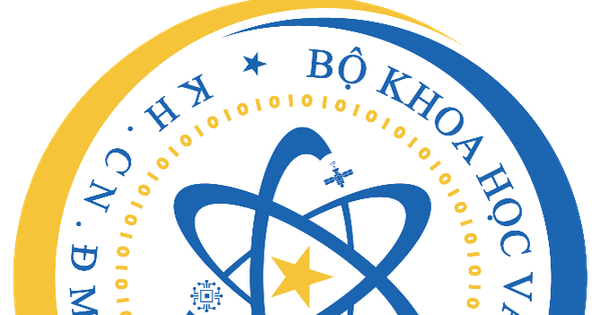

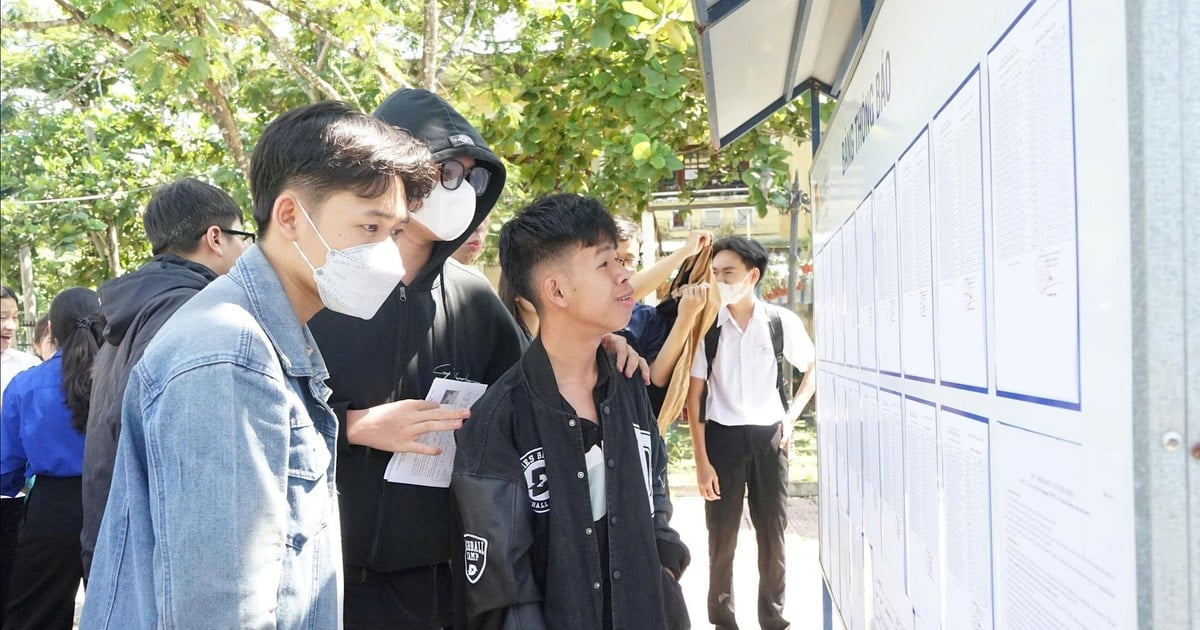



















Comment (0)